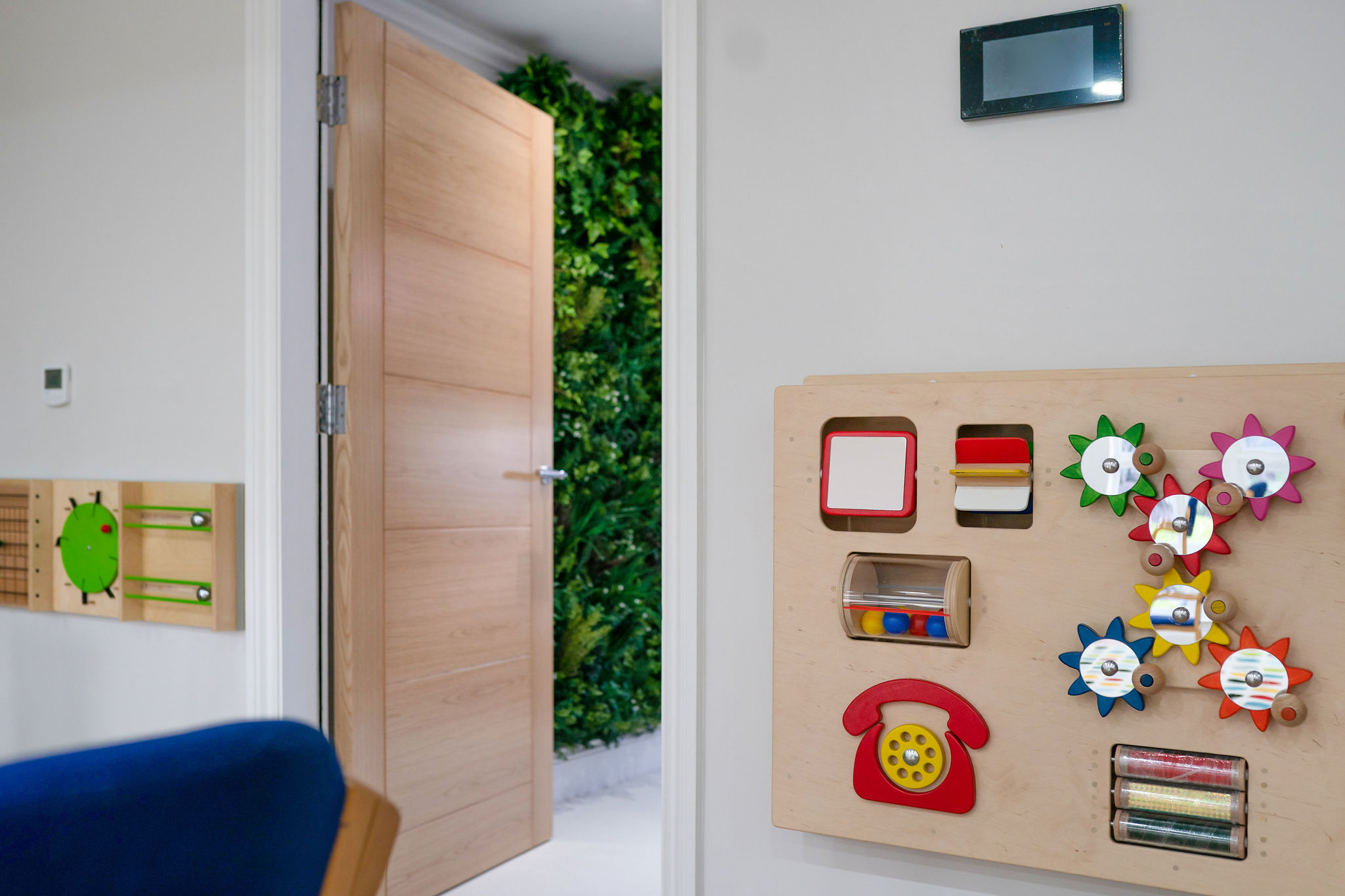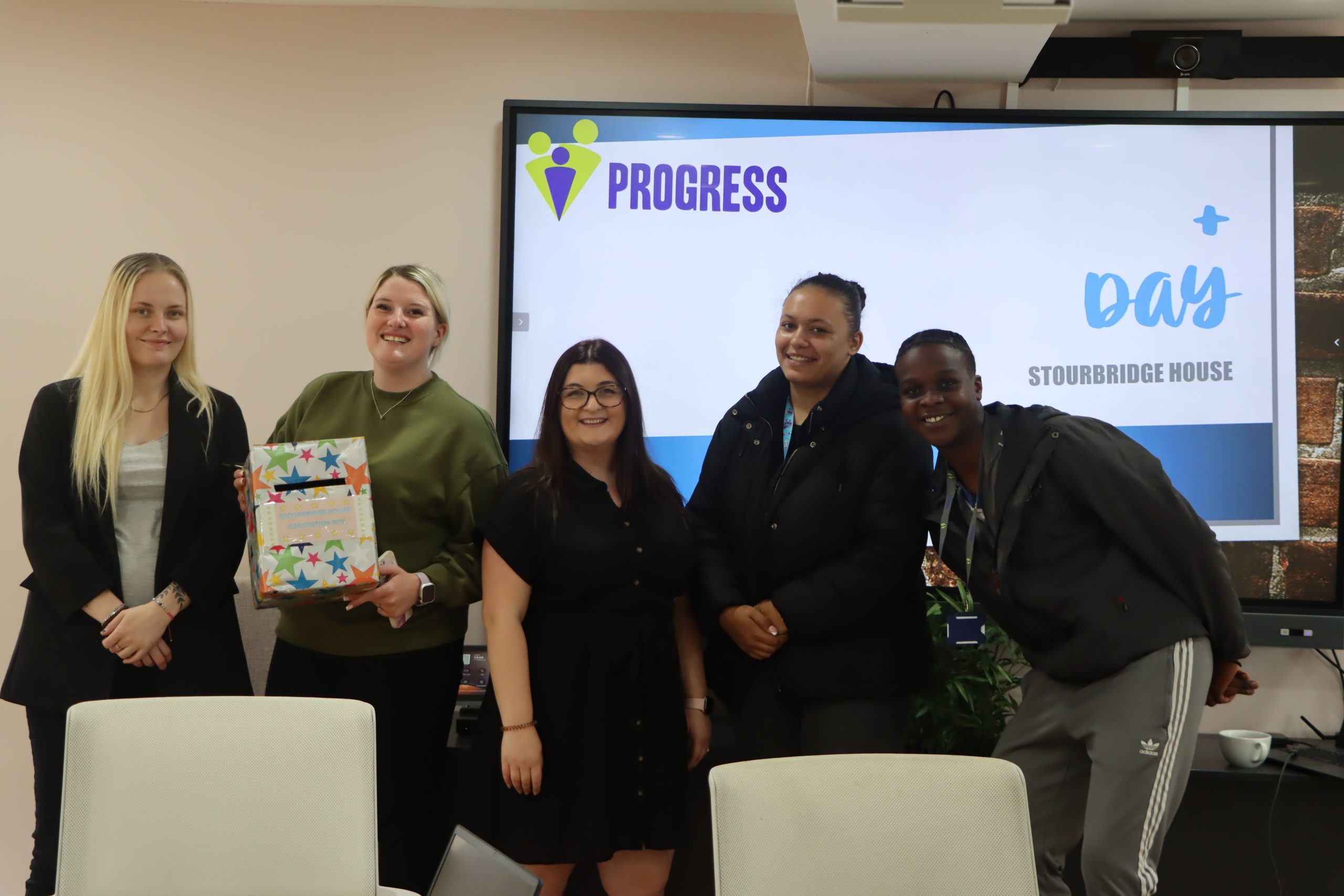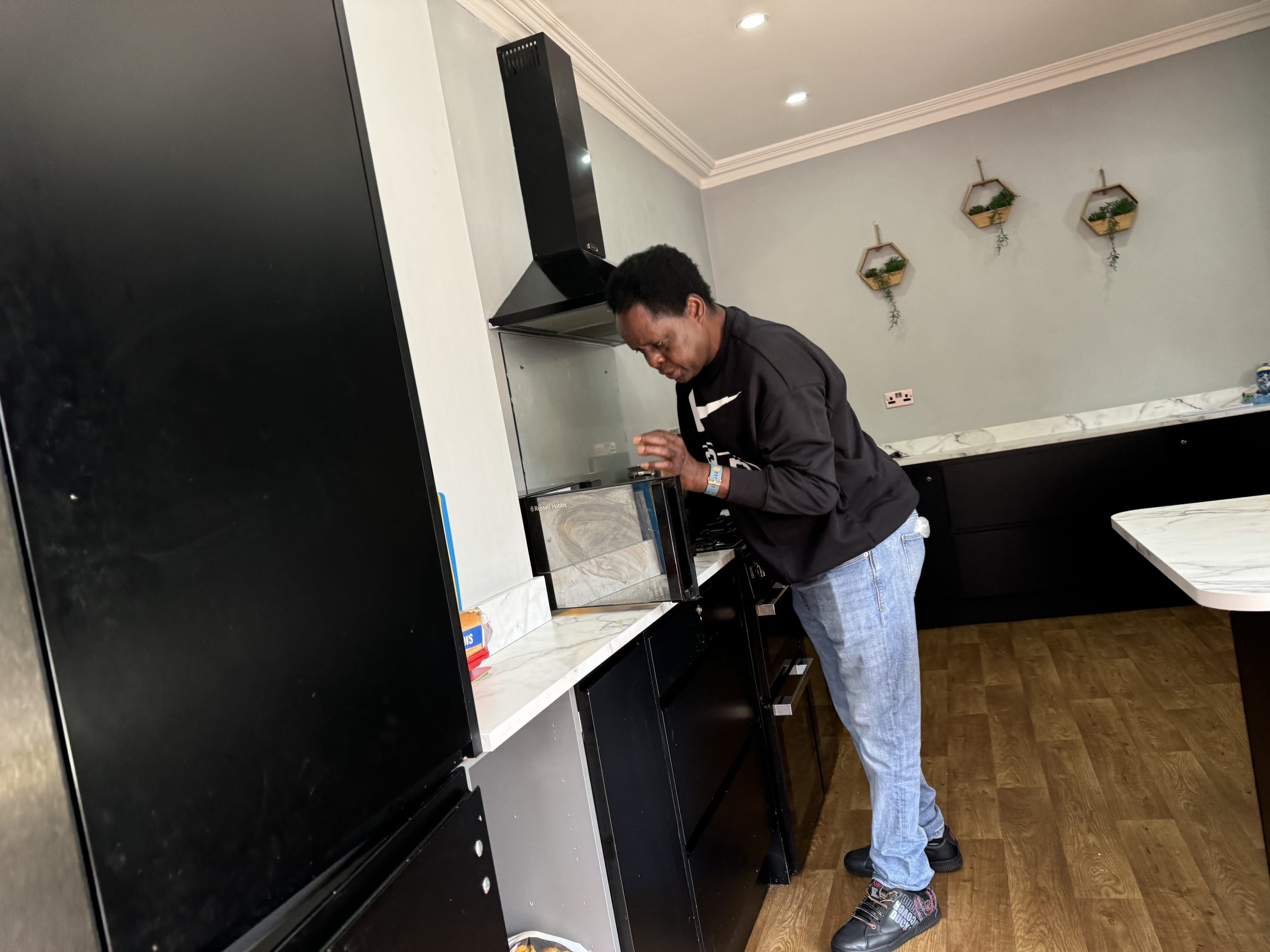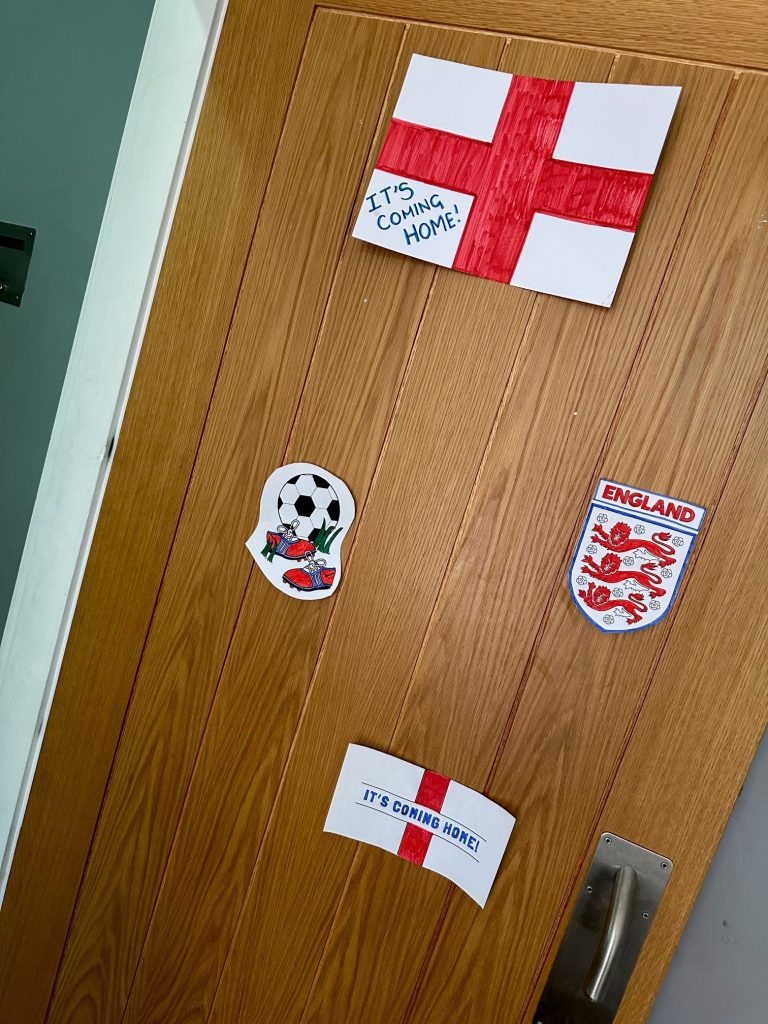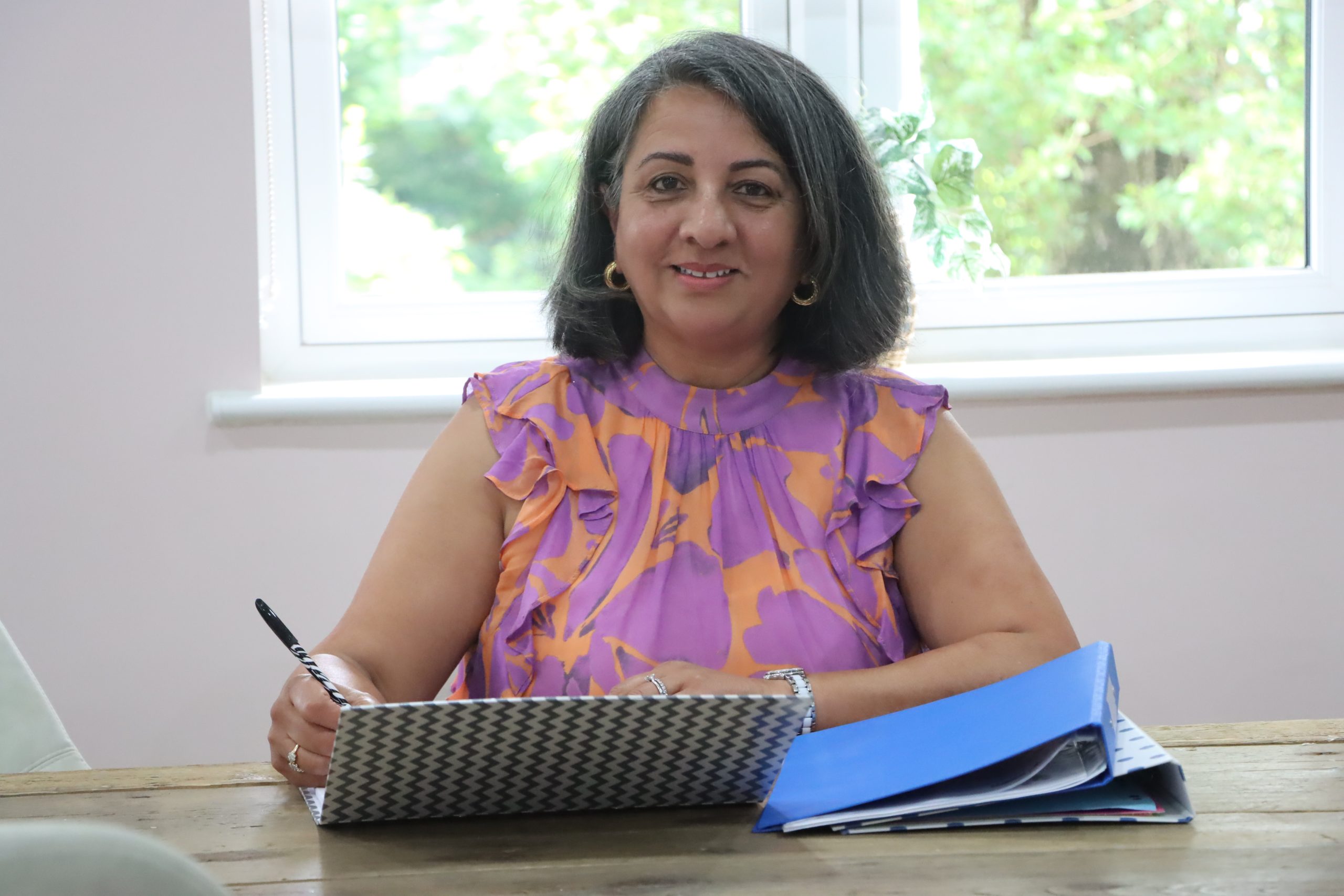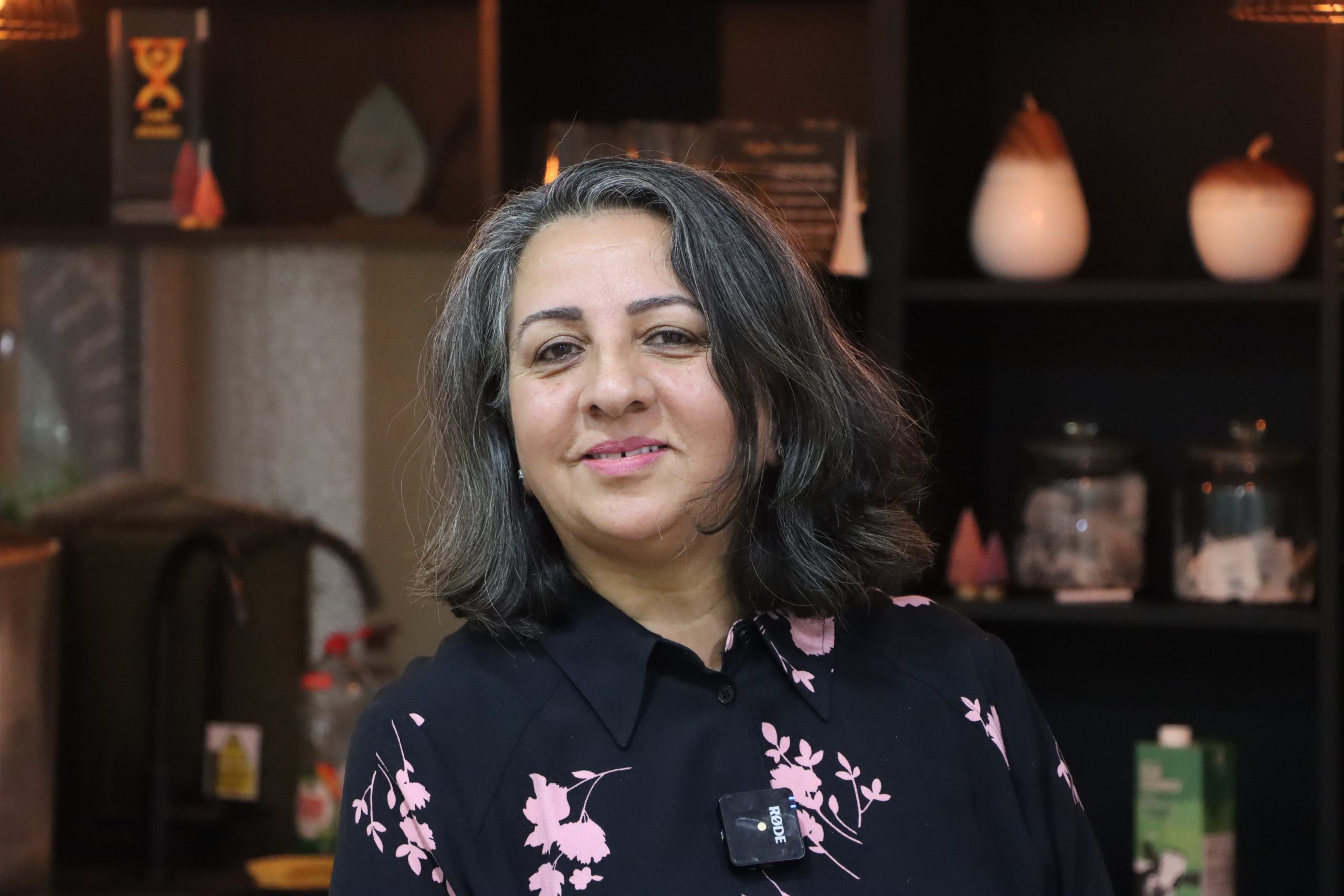Pets and fostering: Enhancing the fostering household experience
When considering fostering, many prospective foster carers wonder how their pets might affect their eligibility. At Progress’ outstanding fostering service, we often receive questions about whether having pets is a barrier to fostering. Our supervising social worker provides reassuring insights into this common concern.
One key question we encounter is: “I have a pet; does this prevent me from fostering?” The answer is generally no, having a pet does not disqualify you from becoming a foster carer. As long as your pets are not on the dangerous dogs’ list or pose a risk to a child’s safety, they should not hinder your fostering application. Ensuring that your pets are well-behaved and do not have any issues that could endanger a child is crucial.
In fact, pets can bring many positive qualities to a fostering household. Pets often provide companionship, emotional support, and a sense of stability for children in foster care. They can help children learn about responsibility, empathy, and the joy of caring for another living being. The presence of a pet can also create a warm and welcoming environment, helping foster children feel more at home.
While pets can enhance the fostering experience, it’s essential to ensure the safety and compatibility of the pets with the foster children. During the assessment process, our team will evaluate how your pets interact with children and whether they contribute positively to the household. This assessment helps us ensure that the young persons and the pets will coexist harmoniously and safely.

The Role of Pets in Fostering
Pets can play a significant role in the lives of foster children, offering comfort and a sense of normalcy. The bond between a child and a pet can be incredibly therapeutic, aiding in the child’s emotional and psychological development. Many foster families find that pets help create a more nurturing and supportive environment, which is essential for the well-being of the children in their care.
In essence, having pets does not prevent you from fostering; in many cases, it can enhance the fostering experience. As long as your pets are safe and well-behaved, they can contribute positively to your household and the lives of foster children. At Progress, we believe in the power of a loving and supportive home, whether it includes pets or not.
If you have a pet and are considering fostering, don’t let this be a barrier. Reach out to our team to discuss your specific situation, and together, we can determine the best path forward. Visit progresscare.co.uk/fostering or call: 01902 561066
Fostering with pets can be a rewarding and enriching experience, benefiting both the children and the entire household.





